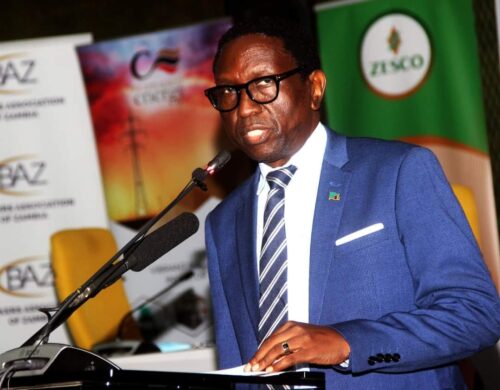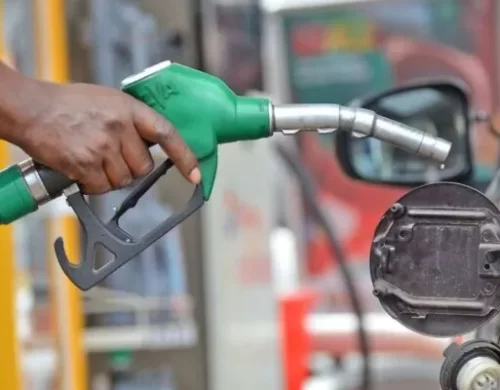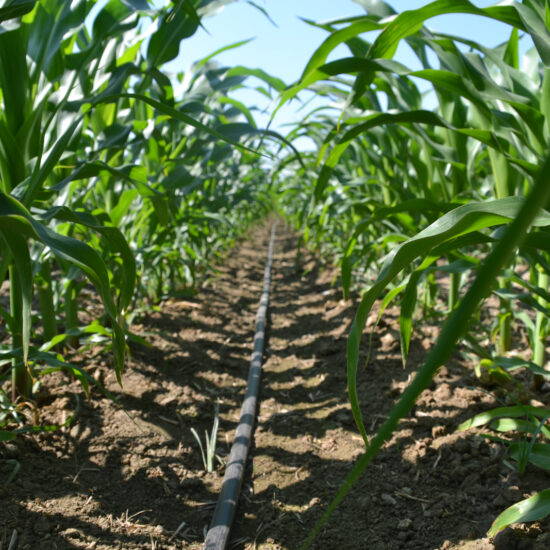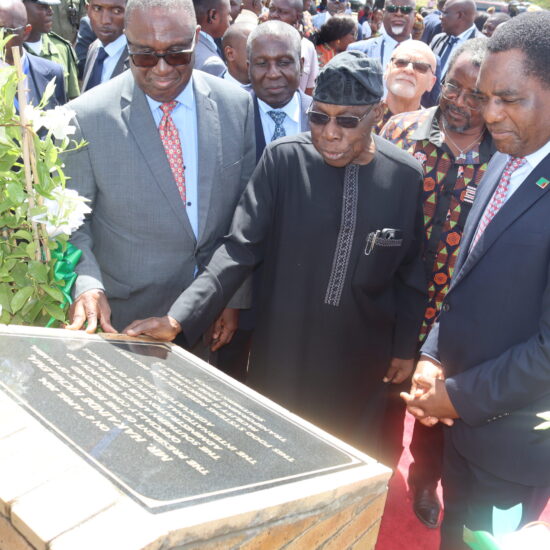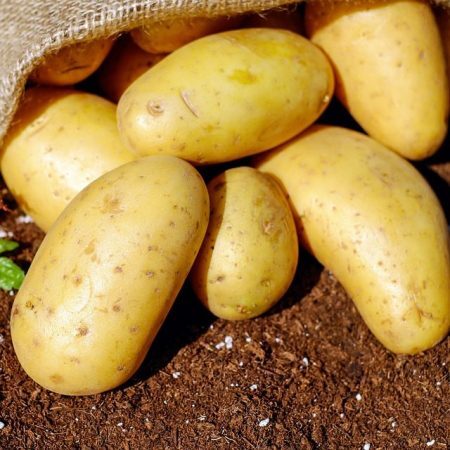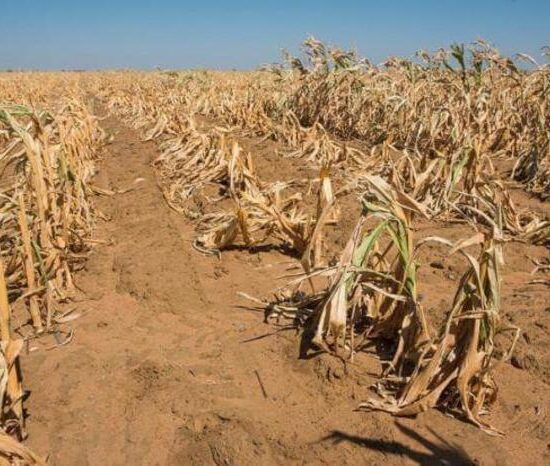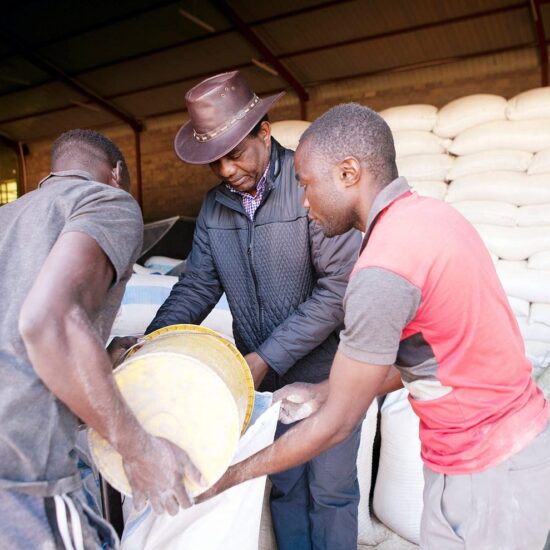
Aller Aqua Zambia, a local unit of Denmark’s Aller Aqua group, which is one of Europe’s largest producers of environmentally friendly fish feed has called for more investment in the Aquaculture value chain of Zambia is to close its deficit gap.
An Aquaculture and fish farming expert at Aller Aqua has cited lack of funding, lack of technical know-how, lack of production of quality fingerlings and the high cost of fish feed as some of the core reasons that Zambia has continued to experience fish deficit.
Emmanuel Nyirenda, the Technical Advisor at the company’s Zambia unit has disclosed that the lack of funding is one of the major reason why individuals who would like to venture into fish farming have not ventured into the practice. He added that the other hindrances is the price of fish feed which remains high.
Nyirenda said the Zambian government should consider finding ways to cut the price or subsidize the price of feed as producers are having challenges with raw materials, which are expensive, therefore fish feed producers cannot reduce prices, as they would be spending more money to produce the feed than they would be making from their sales.
Speaking in an interview with the Zambian Business Times – ZBT, Nyirenda explained that most of the raw materials used in the production of fish feed such as bone meal, fish meal and other sources of protein are imported from mostly Kenya and South Africa. The landed cost of these imports are high and expensive, therefore making it difficult to sell the feed at a low price.
He confirmed that the company currently sells a 25kg bag of fingerling fish feed at K600, K450 for grower fish feed and K400 for finisher fish feed, noting that it also exports some of the locally produced fish feed to Uganda and Kenya.
The Aller Aqua technical advisor noted that access to feed is a common challenge that fish farmers currently face, noting that choosing feed that is of low quality means farmers will spend more time growing the fish, which also results in spending more money on maintenance and feed in order to grow the fish to the right size.
He said there is need for government to consider introducing a programme similar to the Farmer Input Support Programme (FISP) in the fisheries sector in order to improve the production of fish, as access to funds remains one of the biggest challenges facing fish farmers.
There is also need for establishing well financed outgrower schemes that would entail having companies that provide credit services to fish farmers, supply them with feed and once they harvest, they would pay back adding that government would have to be part of such arrangements and sign a Memorandum of Understanding (MOU) with the private sector.
Nyirenda explained that there are no major or large scale suppliers producing fingerlings throughout the year, which has affected the supply of fingerlings thereby limiting the production of fish. He added that the supply of quality fingerlings is another big challenge.
He said there is need to have more people focusing on hatchery management and that people can be trained on how to produce quality fingerlings, which can help improve the production of fingerlings and in turn increase production of fish.
“Imagine someone travels from Luwingu and they can only get fingerlings from Kasama, we need to have a situation where we have three or four major suppliers of fingerlings in all the provinces of the country”, he said.
Nyirenda said government and stakeholders in the fisheries sector should also intensify training programmes for fish farmers, which can help them with the necessary knowledge on fingerling and fish production as it is a technical practice.
Zambia continues to grapple with a fish deficit despite having extensive fresh water resources in rivers and lakes, as well as a reliable underground water endowment. Zambia continues to spend on fish imports to cover its local production deficit.
